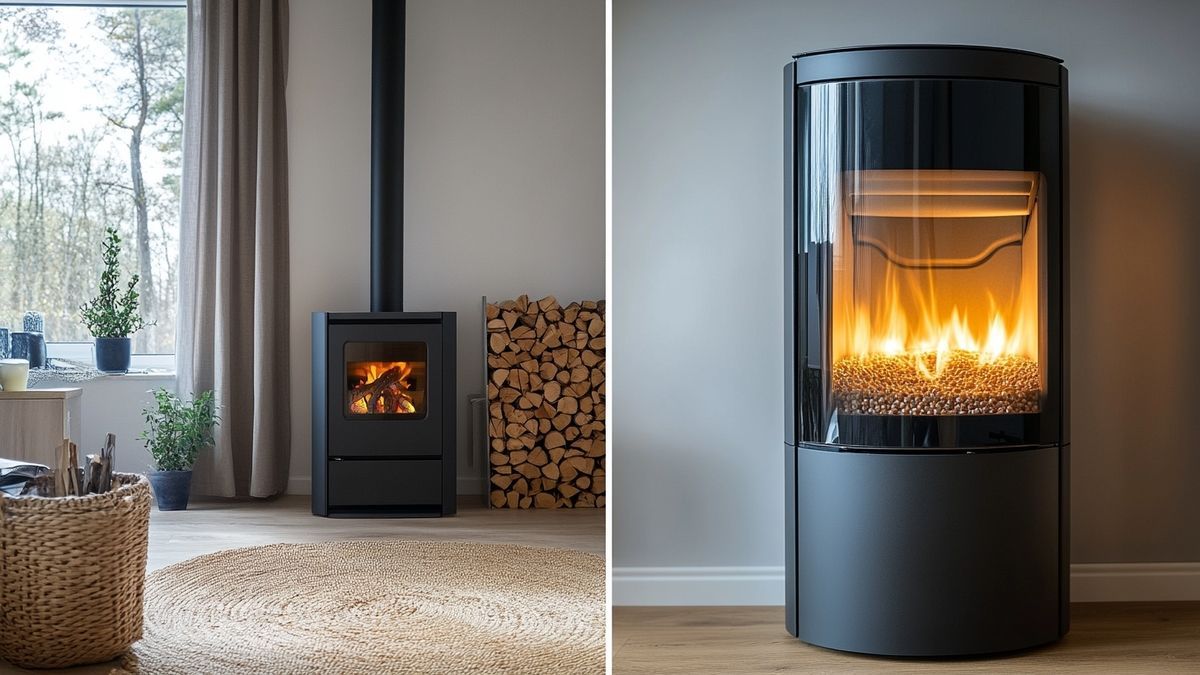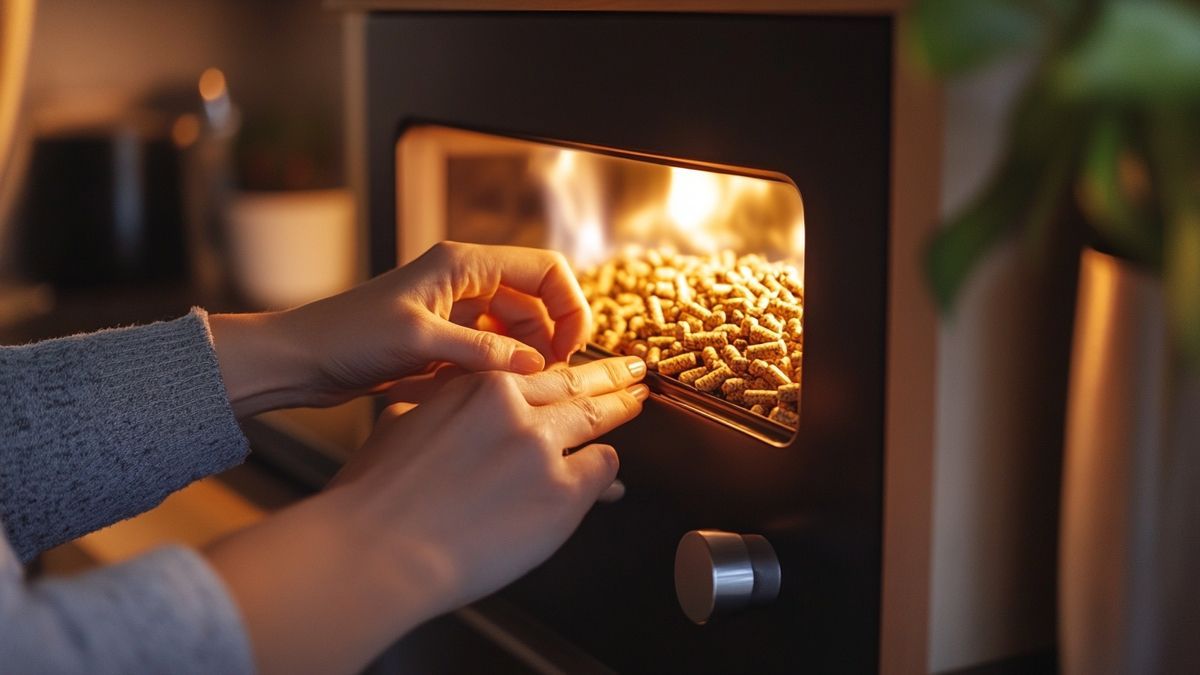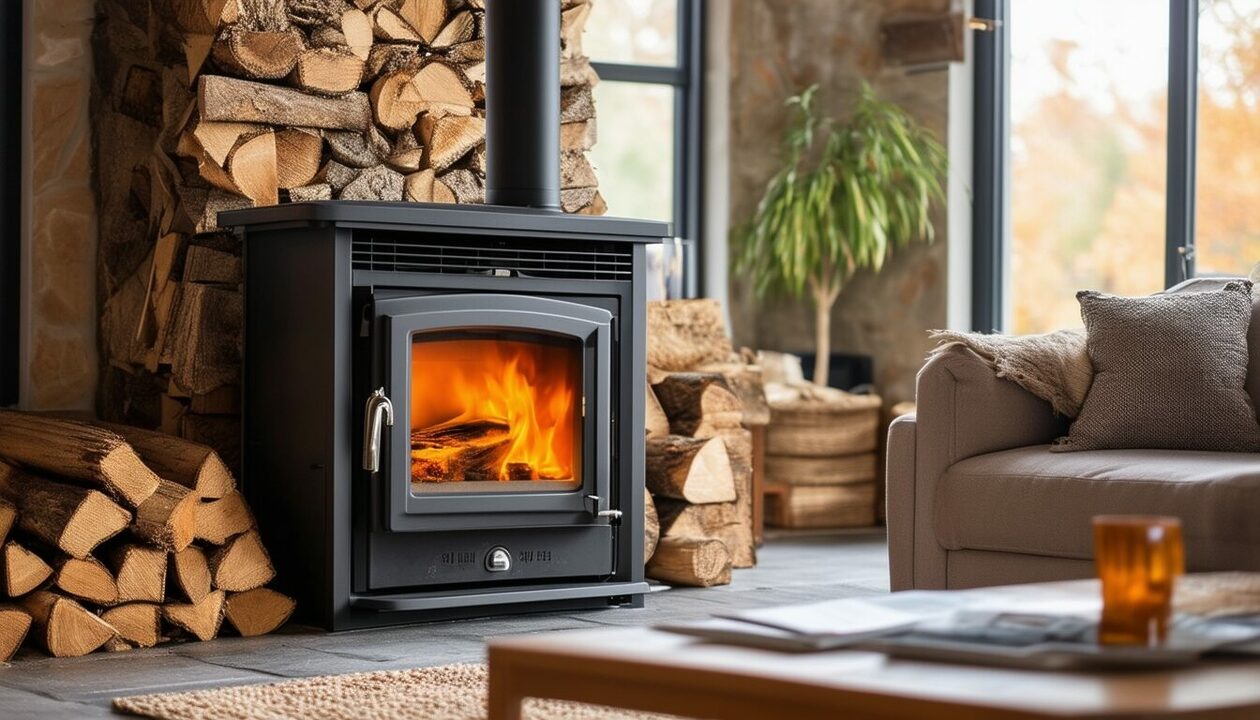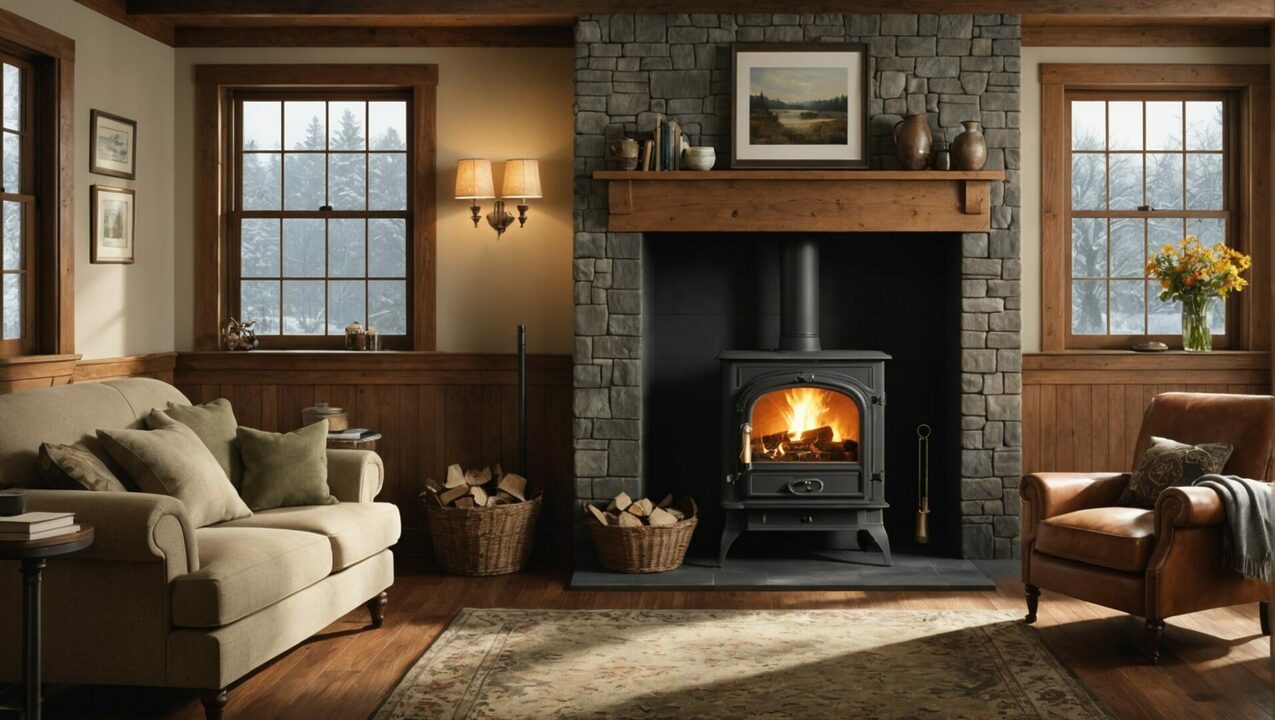Wood pellets are very popular among many French households, attracted by their ecological aspect and their heating performance. But are they really the ideal solution to reduce our environmental impact? A pertinent question worth exploring.
The benefits of wood pellets
These small cylinders, also known as pellets, are made from residues from sawmills. This makes it a renewable and environmentally responsible option. Propellet, the association of professionals in the sector, highlights continued growth in their consumption, attesting to a booming trend. Indeed, France is seeing an increase in 5 to 10% per year in the use of these fuels.
Another considerable advantage is the effectiveness of frying pans and pellet boilers. Thanks to emissions that are often lower than those of fossil fuels, these devices are popular with many users. High-performance models have emissions that are close to zero. However, it is important to remain vigilant and learn about the specificities of each device before getting started.
Comparison with other heating systems

When comparing wood pellets to other heating systems, their position is quite favorable. They emit significantly less greenhouse gases compared to boilers running on gas or oil. Although they offer good performance, the alternative of heat pumps is even more interesting, because they do not involve any combustion process and, therefore, do not emit harmful particles.
In well-insulated homes, pellets prove to be an interesting option, especially in regions where electricity may be more difficult to access or expensive. They represent a solution for the future, but it remains essential to take into account technical and economic necessities.
Beware of pollutant emissions
Despite their many benefits, pellets are not emissions-free. Ademe, the Ecological Transition Agency, points out that no combustion system is completely free of pollutants. Research on recent devices, particularly those benefiting from the label Green Flame, show that
- At full power, the results are optimal with little particle emissions.
- In reduced use, performance may drop, leading to increased emissions for some models.
The quality of combustion also depends on several factors such as the settings of the device, its maintenance and the suitability for the volume to be heated. To ensure maximum efficiency, it is crucial to use the system correctly.
Responsible use of wood pellets

Opting for wood pellets involves careful consideration of equipment choices. Selecting a high-performance, well-fitted appliance suited to your needs can truly maximize your environmental benefits. Furthermore, it is recommended to adopt an overall approach, including good insulation of your home, the installation of local equipment, and regular maintenance of your installation.
Wood pellets, although not a panacea, play a role in more environmentally friendly living if used correctly.



